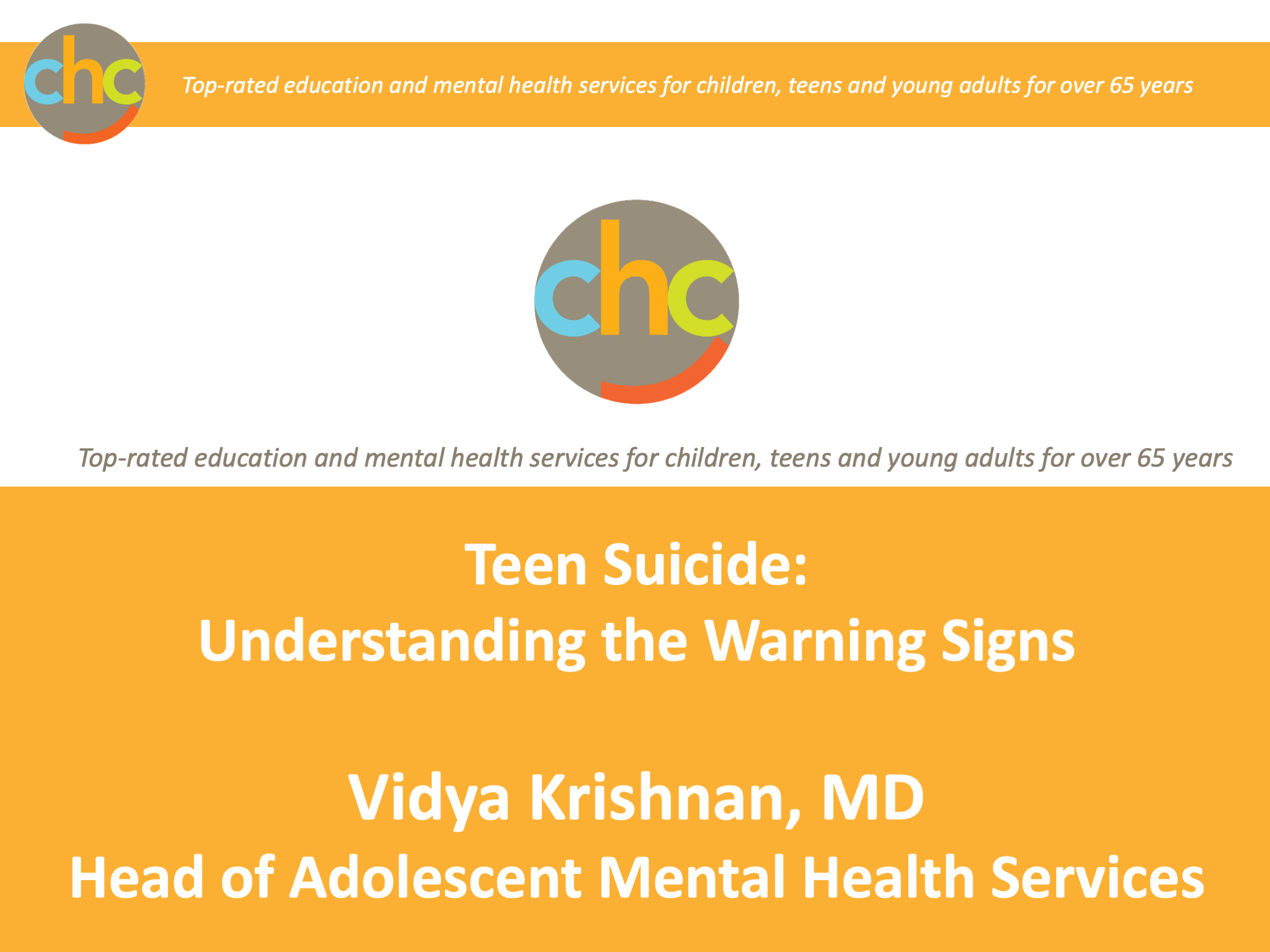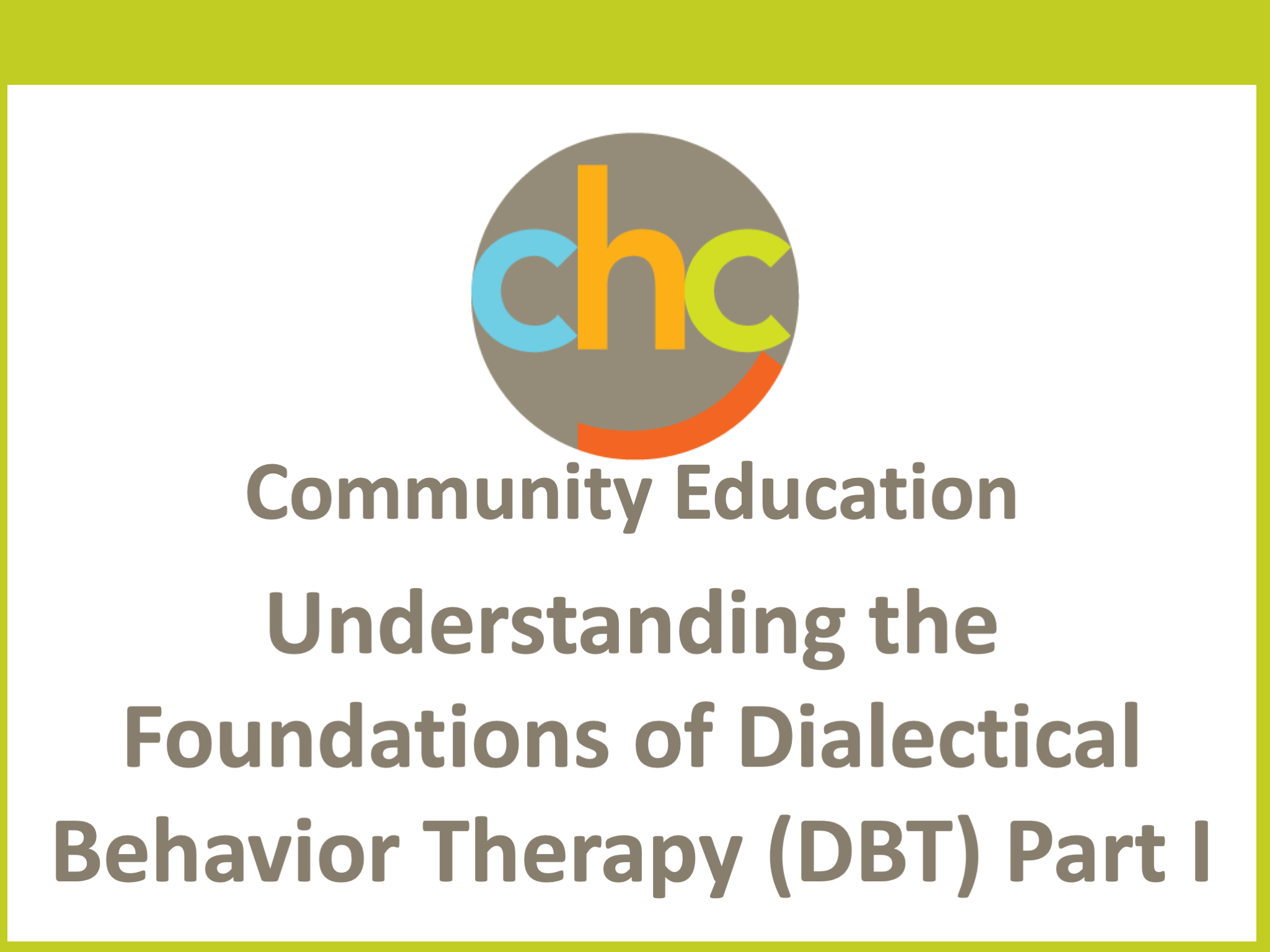NIMH-Funded Study Finds “13 Reasons Why” Associated with Increase in Youth Suicide Rates
 The Netflix show “13 Reasons Why” was associated with a 28.9% increase in suicide rates among U.S. youth ages 10-17 in the month (April 2017) following the show’s release, after accounting for ongoing trends in suicide rates, according to a study published in Journal of the American Academy of Child and Adolescent Psychiatry. The findings highlight the necessity of using best practices when portraying suicide in popular entertainment and in the media. The study was conducted by researchers at several universities, hospitals, and the National Institute of Mental Health (NIMH), part of the National Institutes of Health. NIMH also funded the study. Read more ›
The Netflix show “13 Reasons Why” was associated with a 28.9% increase in suicide rates among U.S. youth ages 10-17 in the month (April 2017) following the show’s release, after accounting for ongoing trends in suicide rates, according to a study published in Journal of the American Academy of Child and Adolescent Psychiatry. The findings highlight the necessity of using best practices when portraying suicide in popular entertainment and in the media. The study was conducted by researchers at several universities, hospitals, and the National Institute of Mental Health (NIMH), part of the National Institutes of Health. NIMH also funded the study. Read more ›

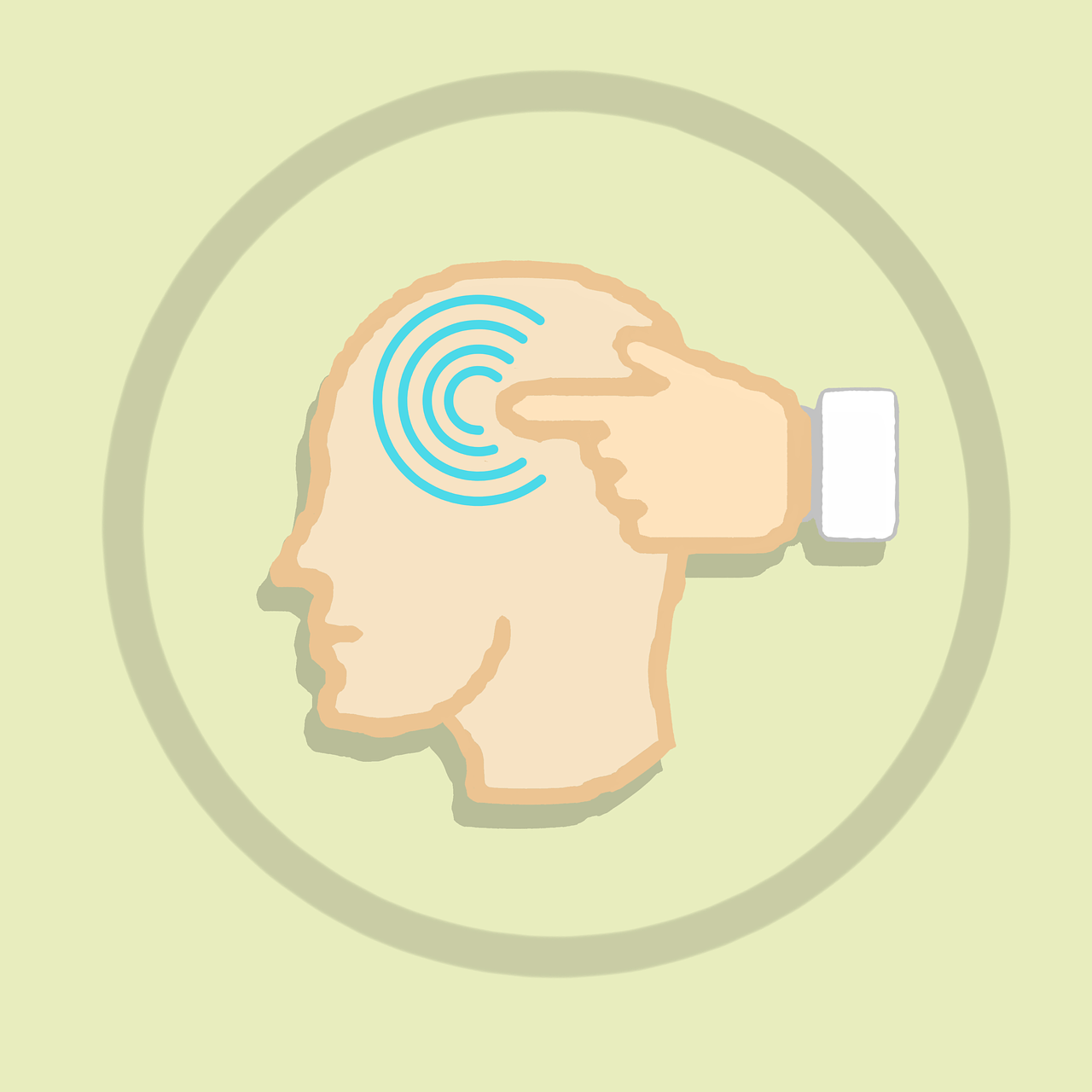
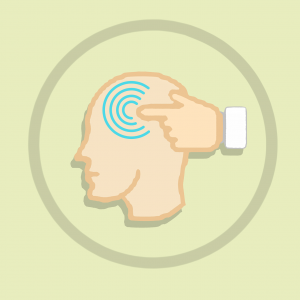 School counselors, along with school social workers, may be children’s only access to some form of mental health care, since it’s estimated that only 20 percent of children with mental or behavioral disorders receive help from a mental health care
School counselors, along with school social workers, may be children’s only access to some form of mental health care, since it’s estimated that only 20 percent of children with mental or behavioral disorders receive help from a mental health care 
 There are pros and cons to social media discussions of suicide. Social media can spread helpful knowledge and support, but it can also quickly disseminate harmful messaging and misinformation that puts vulnerable youth at risk.
There are pros and cons to social media discussions of suicide. Social media can spread helpful knowledge and support, but it can also quickly disseminate harmful messaging and misinformation that puts vulnerable youth at risk. 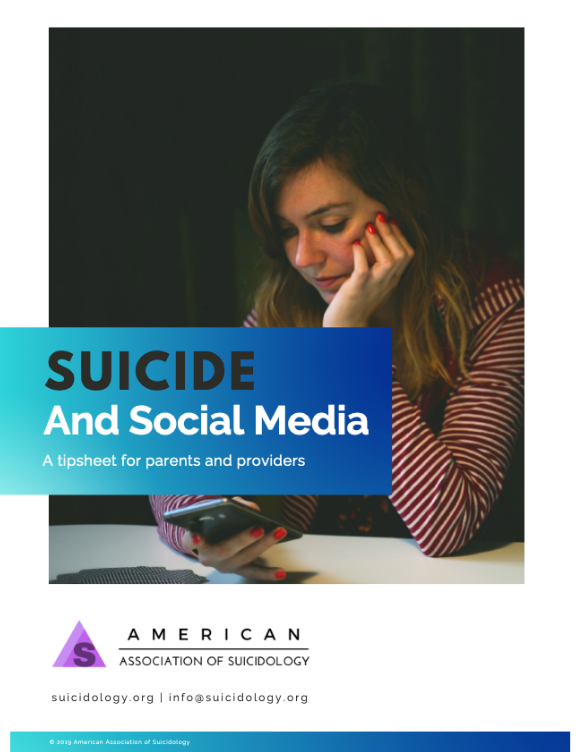
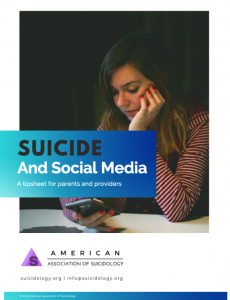 Mental health, non-suicidal self-harm, and suicide themes on social media continue to be an issue both youth and adults face on a daily basis. Experts recognize that youth engagement with social media includes positive and negative aspects and our goal is to help maximize the benefits while reducing any potential harm.
Mental health, non-suicidal self-harm, and suicide themes on social media continue to be an issue both youth and adults face on a daily basis. Experts recognize that youth engagement with social media includes positive and negative aspects and our goal is to help maximize the benefits while reducing any potential harm. 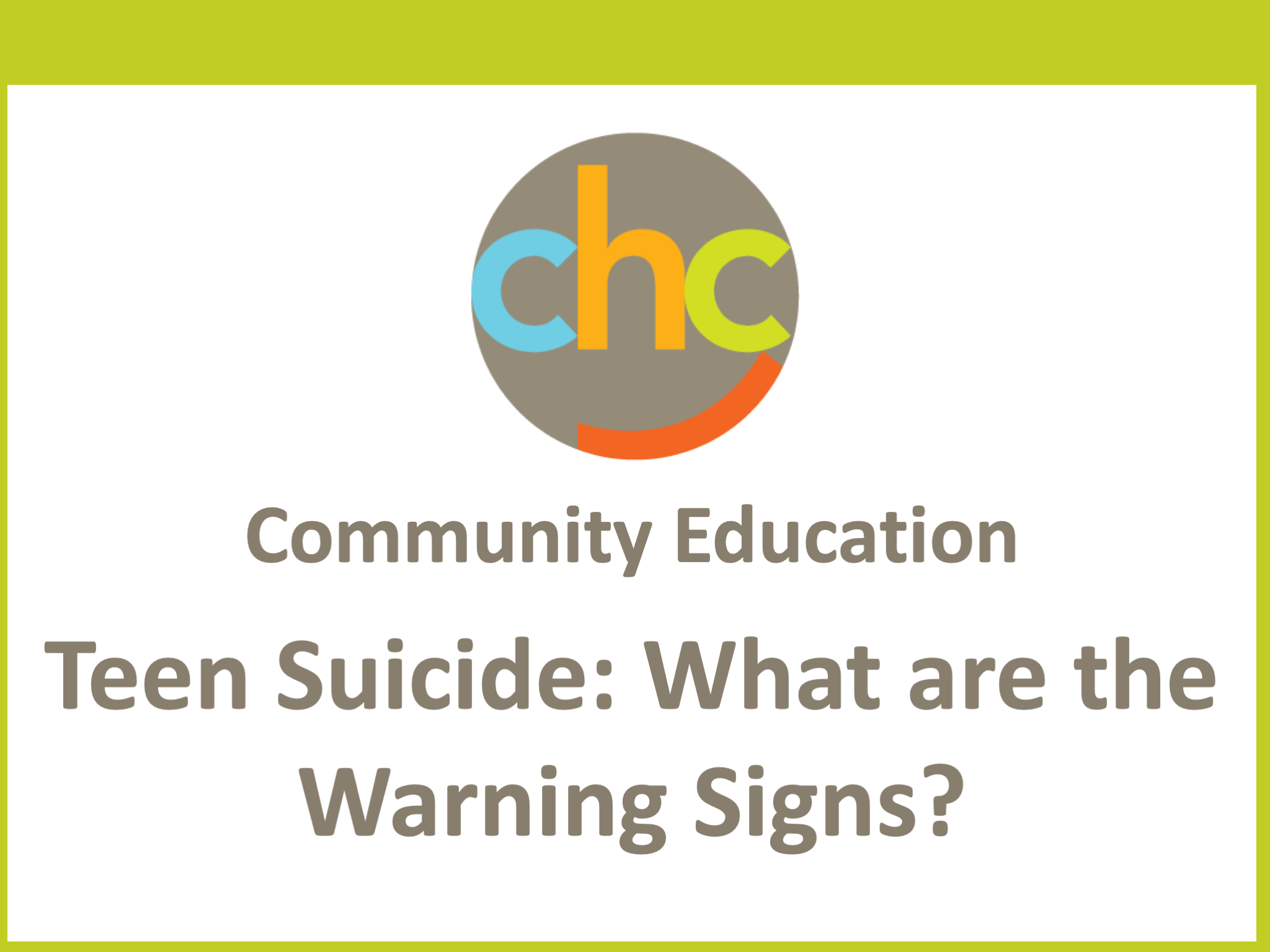
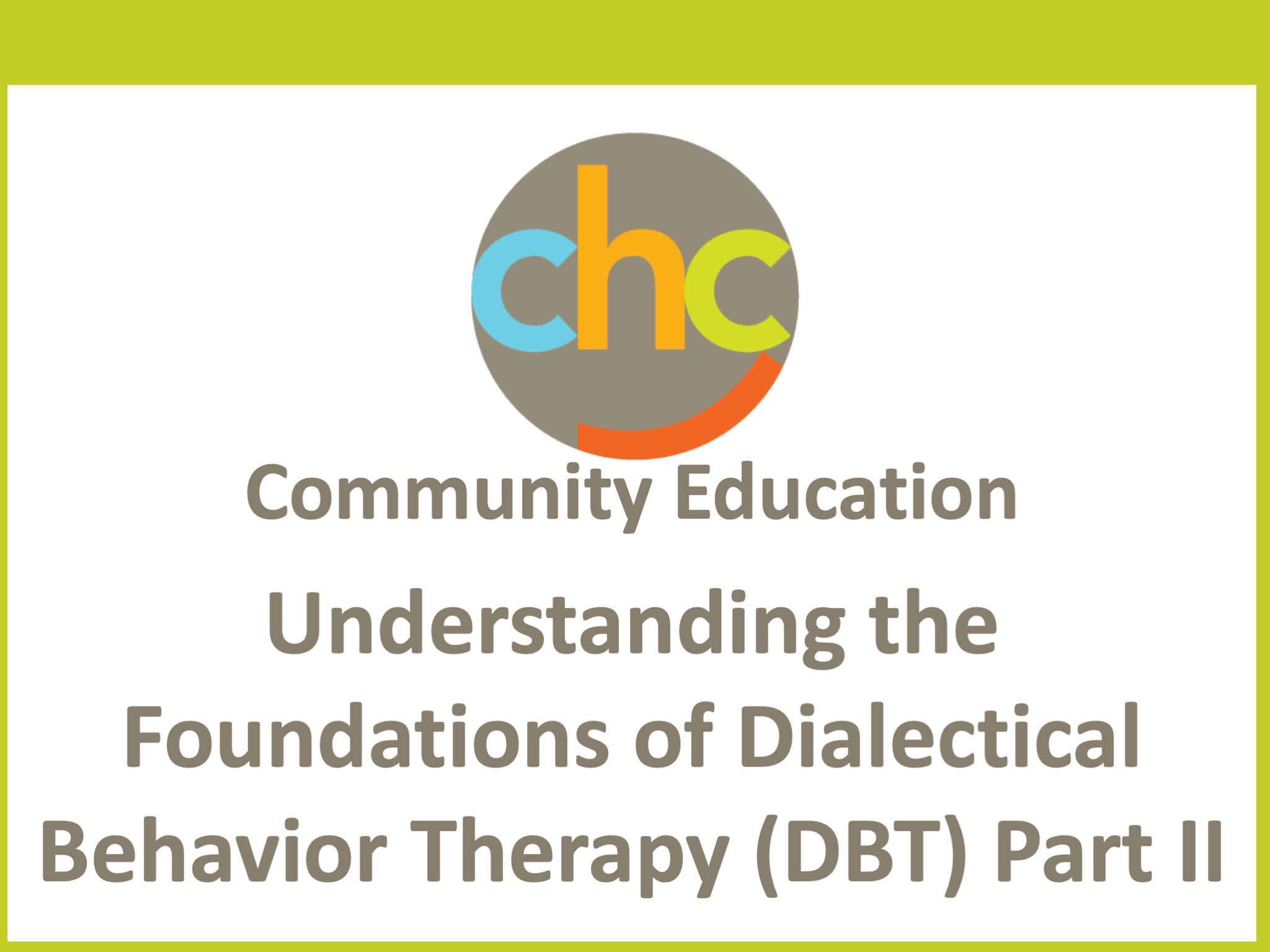

 With a growing shortage of mental-health professionals for children and adolescents, more health-care providers are turning to technology.
With a growing shortage of mental-health professionals for children and adolescents, more health-care providers are turning to technology.